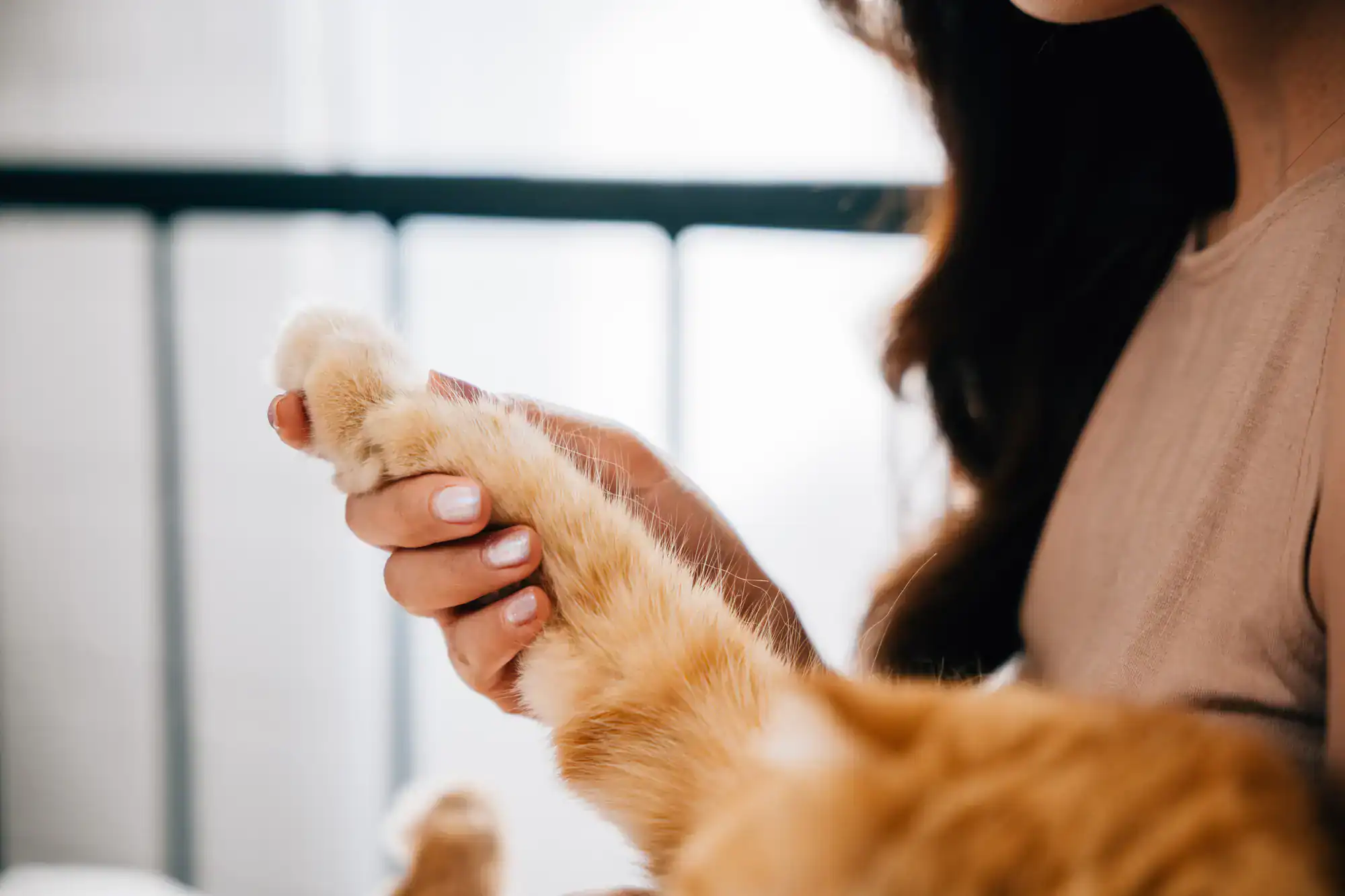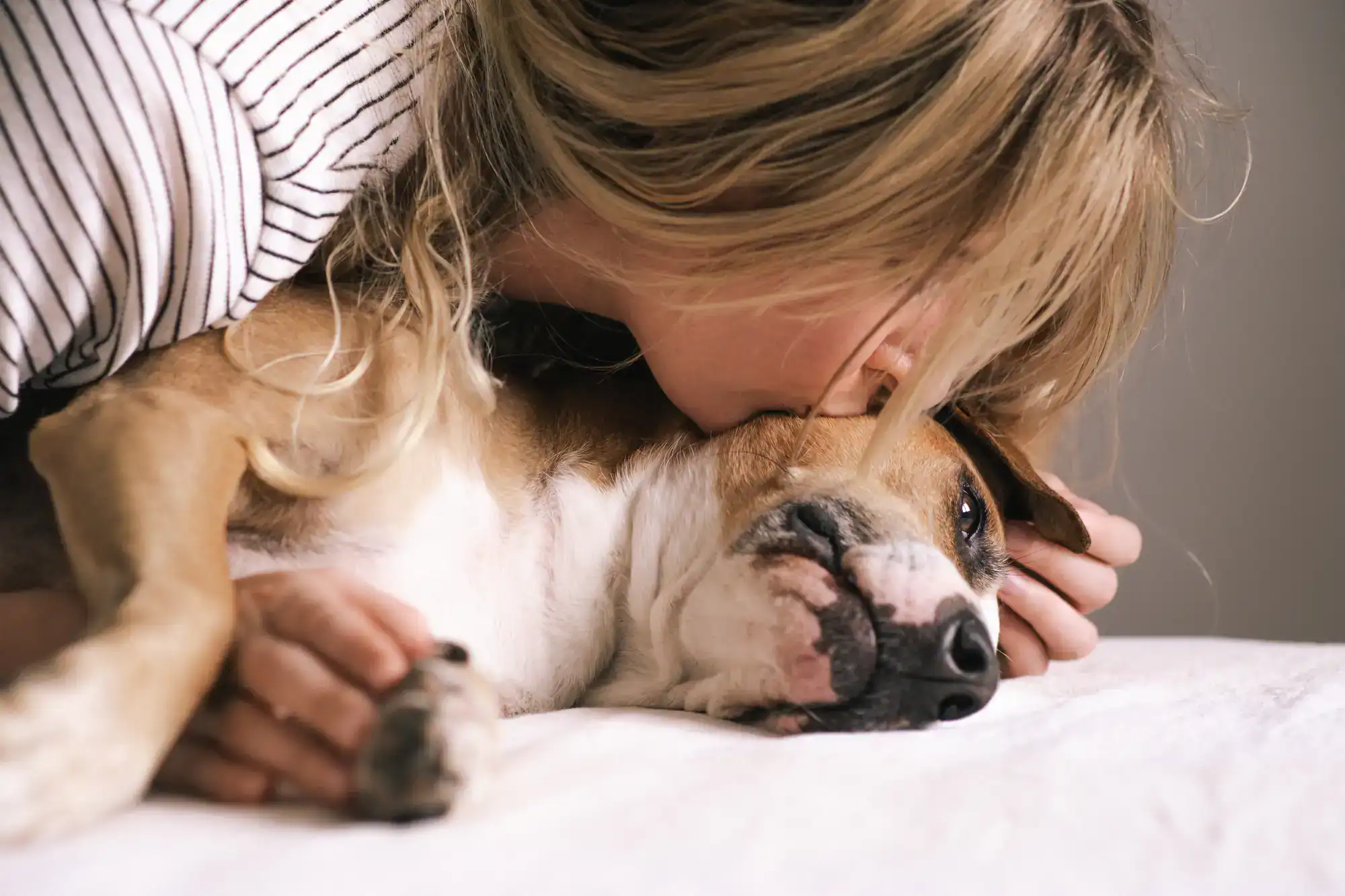Pet Loss Support in Midline, TX
Real Support When Pet Grief Feels Overwhelming
Professional guidance and genuine understanding for families navigating the profound loss of a beloved companion in Midline.

Hear from Our Customers

Pet Grief Counseling Midline Texas
You’re not losing your mind, and your grief isn’t “too much.” When you lose a pet, you lose a family member who was there through everything—the daily routines, the quiet moments, the unconditional love that asked for nothing in return.
The pain you’re feeling is real. Research shows that pet loss grief can be just as intense as losing a human family member, sometimes lasting longer because society doesn’t always understand the depth of that bond.
What you need right now isn’t someone telling you to “get over it” or that “it was just a pet.” You need space to grieve, resources that actually help, and people who understand that your heart is genuinely broken.
Pet Loss Resources Harris County
We’ve been supporting Harris County families through pet loss since 1989. We’ve walked alongside thousands of pet parents during their most difficult moments, and we understand that losing a pet isn’t something you just “get through.”
Our team includes two full-time veterinarians who understand the medical and emotional aspects of pet loss. We’re members of the American Association for Pet Loss and Bereavement, connecting you to professional grief support resources when you need them most.
In Midline and throughout Harris County, we’ve seen how pet loss affects families from all backgrounds. We serve English and Spanish-speaking families, understanding that grief doesn’t have language barriers, and healing looks different for everyone.

Coping with Pet Loss Process
Real pet loss support starts with acknowledging that your grief is valid and significant. When you reach out to us, you’re connecting with people who have supported thousands of families through this exact experience.
First, we listen. Your pet’s story matters, and so does your relationship with them. We help you understand that the intensity of your grief reflects the depth of your love—not weakness or being “too emotional.”
Then we connect you with appropriate resources. This might include grief counseling referrals, support groups, memorial options, or simply ongoing check-ins during the hardest weeks. We also provide information about the grieving process so you know what to expect in the coming months.
Throughout this process, we remain available. Grief doesn’t follow business hours, and questions or difficult moments can arise weeks or months later. Our support extends beyond the immediate aftermath of loss.

Ready to get started?
Pet Bereavement Support Midline
Effective pet loss support addresses both the immediate crisis and the longer journey of learning to live without your companion. In Harris County, where over 43% of households include dogs and many families consider pets their “children,” we understand this loss affects your entire daily routine.
Our support includes connections to certified pet loss counselors, information about local support groups, and resources for children grieving pets. We also help families understand the normal timeline of pet grief—acute symptoms typically last 1-2 months, but the overall grieving process can extend up to a year or more.
For families in Midline dealing with anticipatory grief (knowing your pet is declining), we provide guidance on making end-of-life decisions, preparing other family members, and creating meaningful final moments. We also offer memorial options that help honor your pet’s memory in ways that bring comfort rather than additional pain.
Texas families often experience disenfranchised grief—feeling like their pet loss isn’t taken seriously by others. Our support specifically addresses this challenge, validating your experience and connecting you with people who understand that pet relationships are genuine family bonds.

Is it normal to grieve this intensely over a pet?
How long does pet grief typically last?
Should I get another pet right away to help with the grief?
Where can I find professional help for pet loss grief?
How do I explain pet loss to children in the family?
What if family and friends don't understand my grief over my pet?
Other Services we provide in Midline
